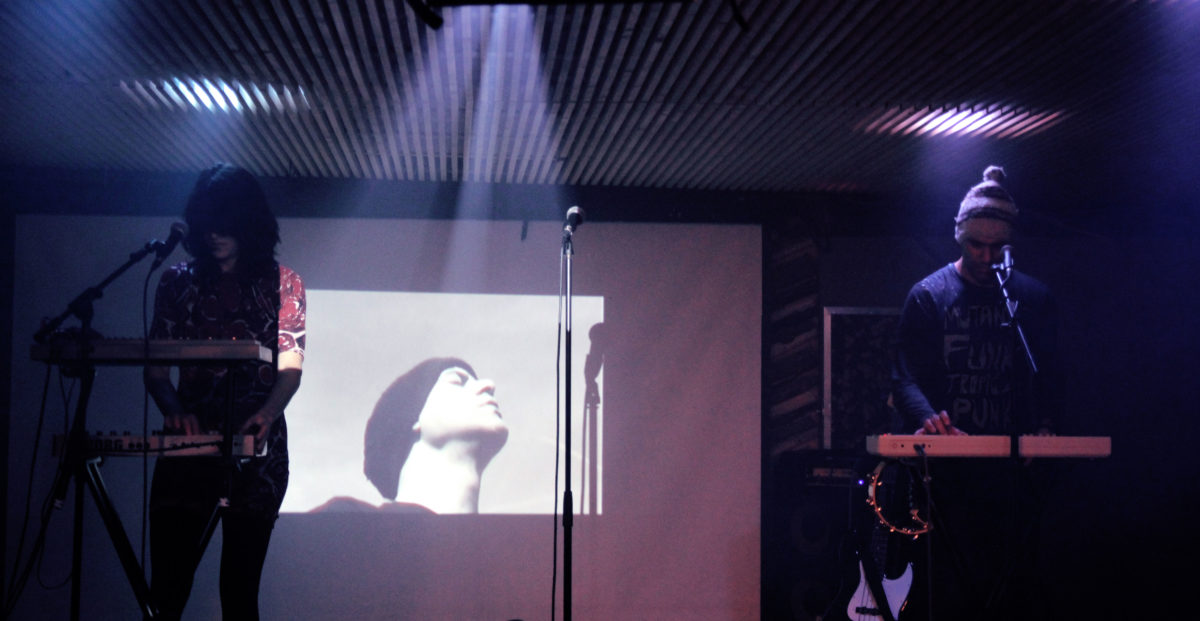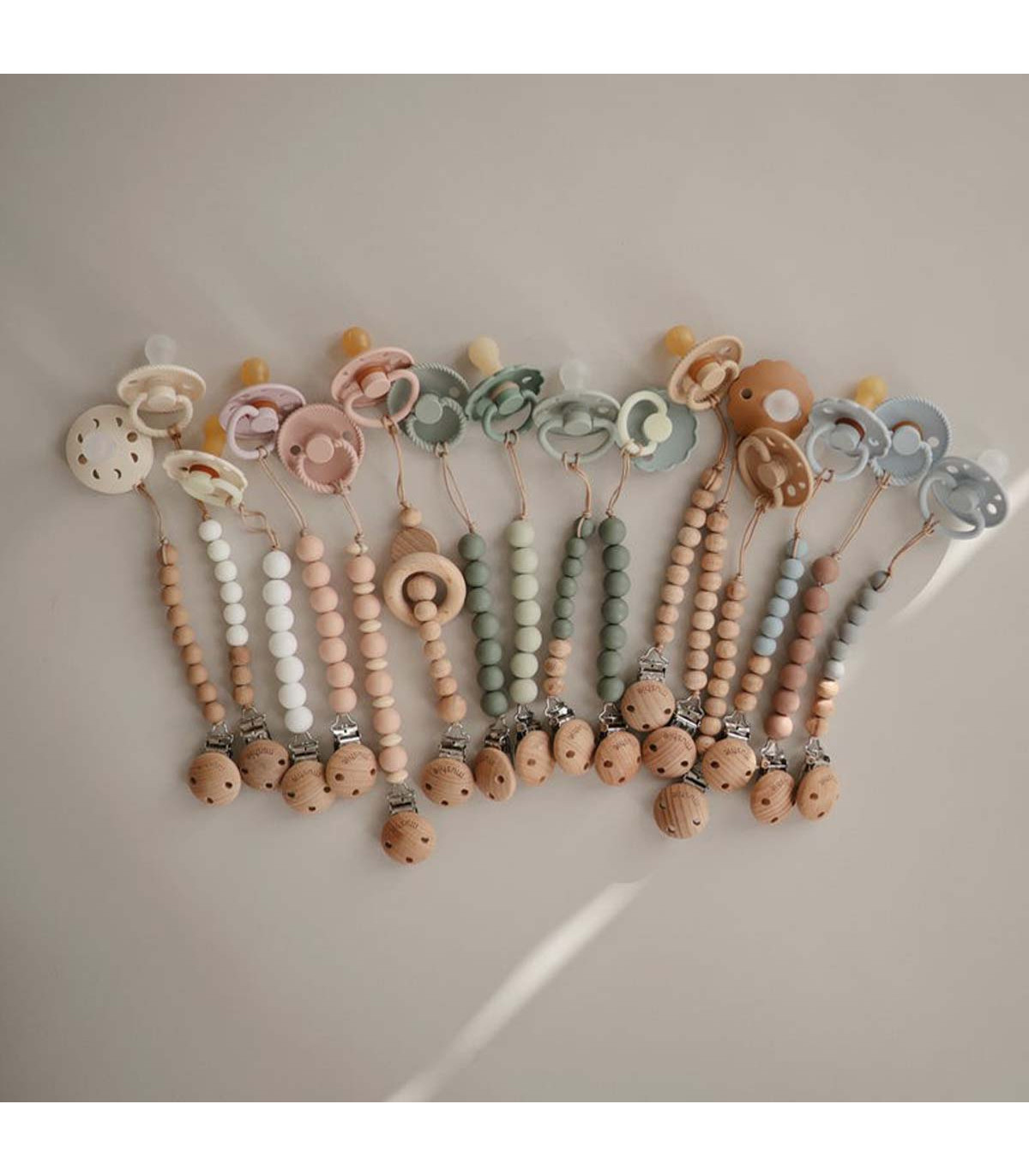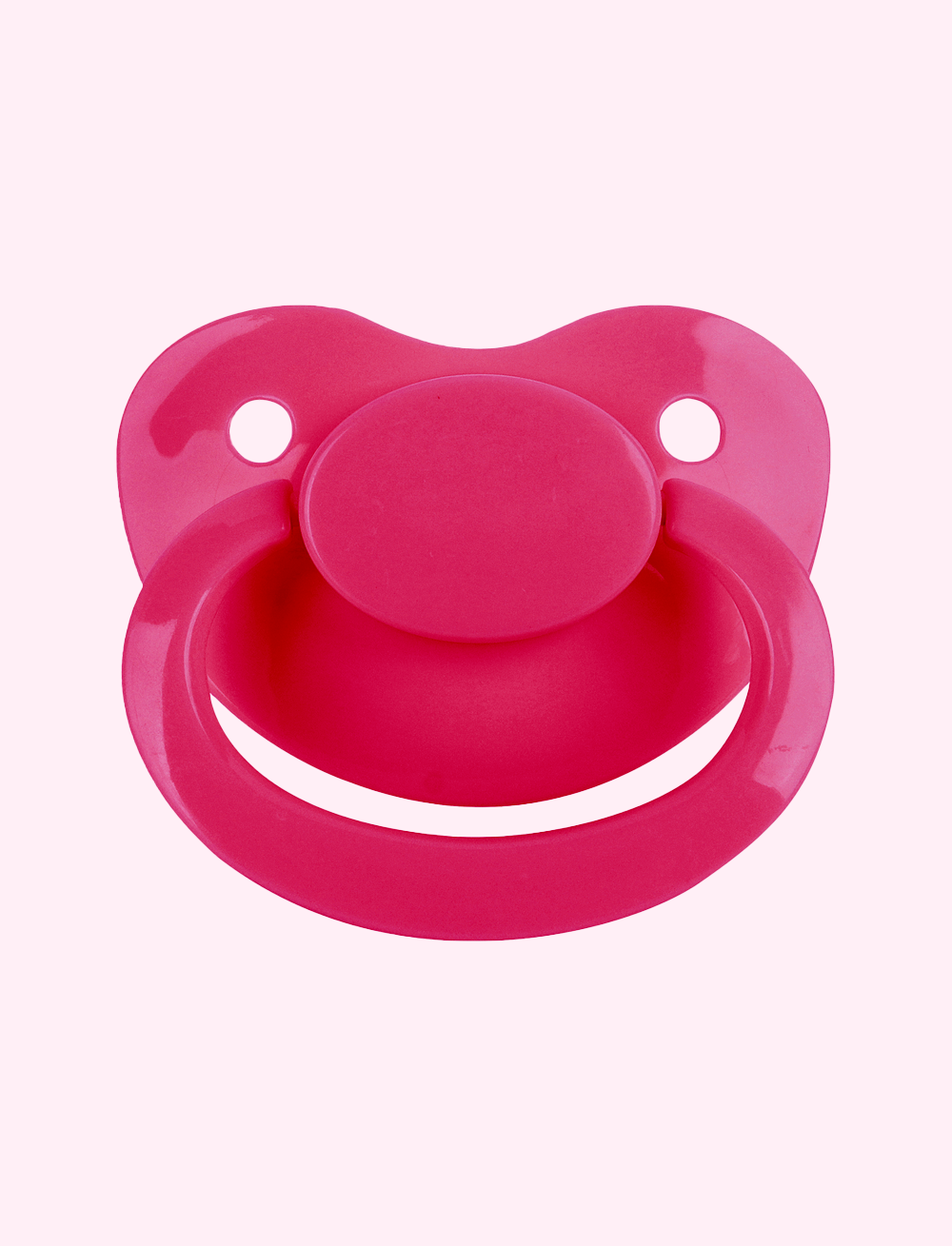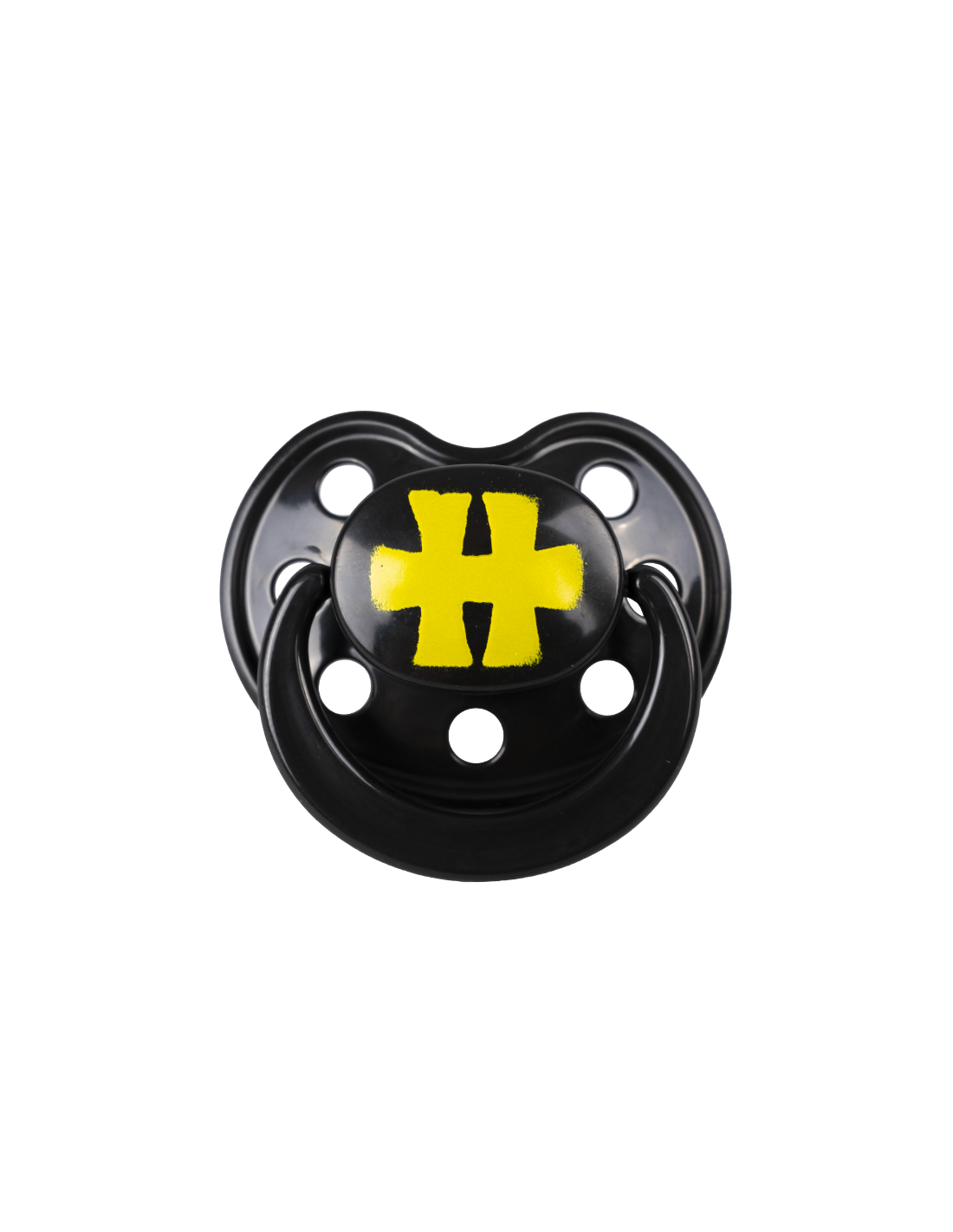
Amazon.com : Tétine Personalized Toys with Name Baby Girl Silicone Toy Baby Birthday Shower Gift Rose Pink Flower : Toys & Games

Amazon.com: T'choupi n'a plus de tétine (French Edition): 9782092574393: Thierry Courtin, Nathan: Books

Disney Handmade Baby Plush Character Pacifier Chians Clip Free Write English Letter Name Attache Tétine Chupetes Para Bebes - AliExpress




















